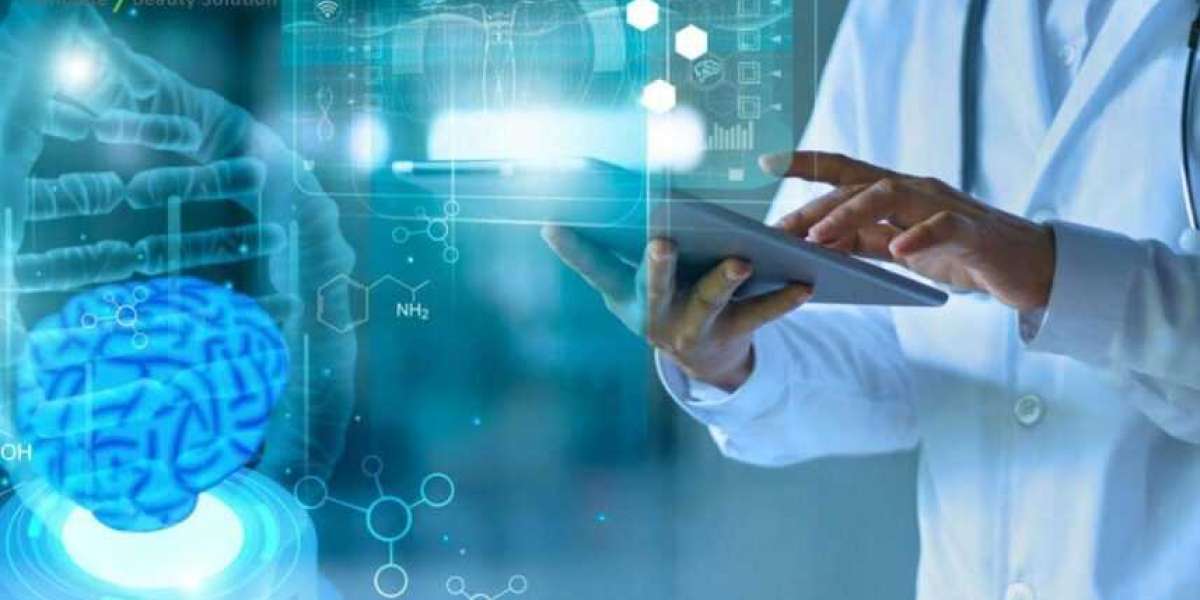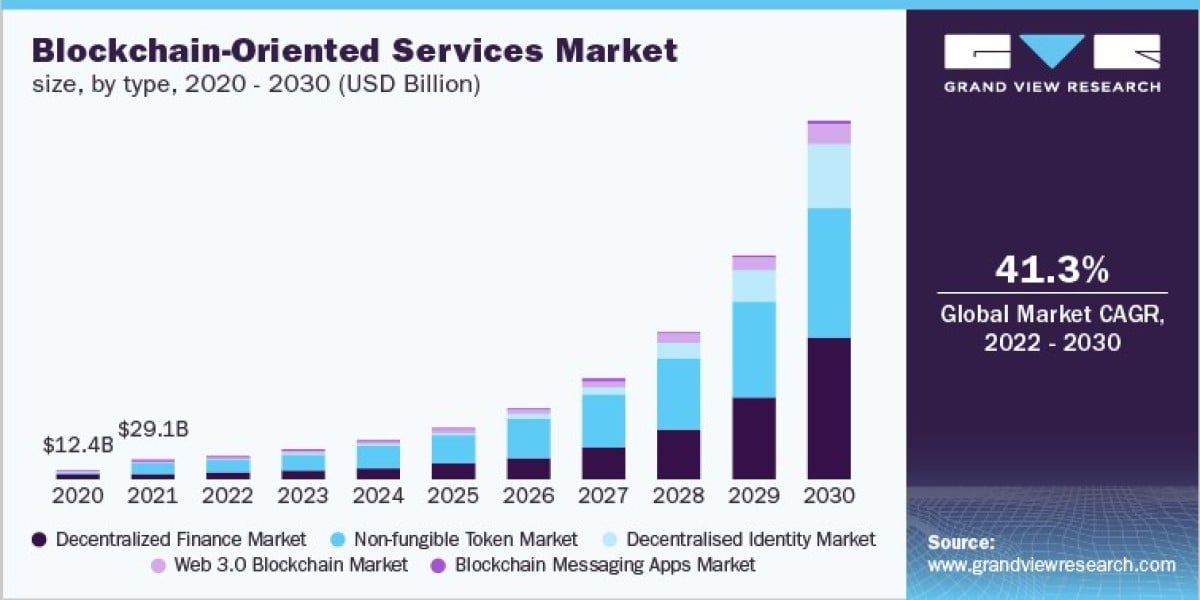Artificial Intelligence (AI) is becoming an increasingly important tool in healthcare. From diagnostics to personalized treatment plans, AI is revolutionizing the way healthcare is delivered. In this article, we will explore some of the ways in which AI is being used in healthcare.
Medical Imaging
Medical imaging is one area where AI is making a big impact. AI algorithms can be trained to recognize patterns in medical images such as X-rays, CT scans, and MRI scans. This can help radiologists to quickly and accurately diagnose conditions such as cancer or heart disease.
Drug Development
AI is also being used to accelerate the drug development process. AI algorithms can be used to analyze vast amounts of data from clinical trials, helping researchers to identify promising drug candidates more quickly. AI can also be used to simulate drug interactions and predict the efficacy of new treatments.
Personalized Medicine
AI in healthcare projects is helping to move towards more personalized medicine. By analyzing large amounts of patient data, AI algorithms can help doctors to tailor treatments to individual patients. This could lead to more effective treatments with fewer side effects.
Patient Monitoring
AI is also being used to monitor patients in real-time. Wearable devices can collect data on a patient's vital signs, activity levels, and sleep patterns. AI algorithms can analyze this data to identify potential health issues and alert healthcare providers if intervention is necessary.
Administrative Tasks
Finally, AI is being used to automate administrative tasks in healthcare. This includes tasks such as scheduling appointments, processing insurance claims, and managing patient records. By automating these tasks, healthcare providers can free up more time to focus on patient care.
In conclusion, AI is rapidly transforming healthcare. From improving diagnostics to speeding up drug development, AI is helping to deliver better, more personalized care to patients. As the technology continues to develop, we can expect to see even more exciting applications of AI in healthcare in the future. However, it's important to note that AI is not a replacement for human healthcare providers. Rather, it is a tool that can help to support and enhance the work of healthcare professionals.



